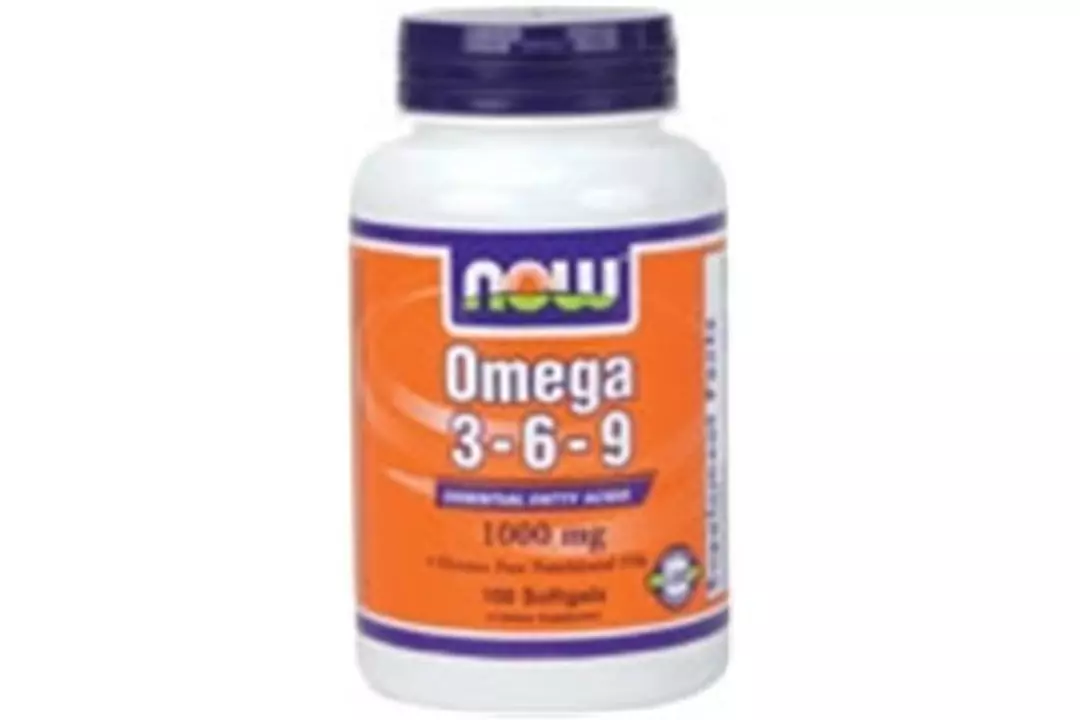Supplements: Smart, Safe Choices for Everyday Health
More than half of adults use supplements, yet most people shop by ads and bright labels. This tag gathers practical, drug-aware guides so you can pick what helps and skip what wastes money. Read pieces that compare evidence, explain risks, and show safe buying paths from pharmacy-focused writers.
Supplements span vitamins, minerals, herbs, and specialty compounds like omega‑3s, curcumin, gamma oryzanol, and trending botanicals such as lemon eucalyptus. Some choices have solid trial evidence for specific uses; others are trendy with shaky data. We make the difference clear: what the trials say, real-world doses, and what to expect in results.
Want examples? Our article on anti‑inflammatory nutraceuticals reviews curcumin, quercetin, and fish oil with trial numbers and practical dosing. Another post breaks down gamma oryzanol for weight and performance. You’ll also find reviews of topical and oral options, plus alternatives to some prescription drugs where evidence supports them.
How to pick a safe supplement
Start with one clear goal — correct a deficiency, ease joint pain, or support recovery — not vague “boosting health.” Check the label: active ingredient name, exact dose, and form (vitamin D3 vs D2 matters). Look for third‑party testing seals like USP, NSF, or Informed‑Sport, or a company batch‑testing statement.
Avoid megadoses unless a clinician recommends them. Match the dose to what clinical studies used, not influencer claims. Prefer products from manufacturers with clear contact details, transparent sourcing, and stable packaging. If a product smells off, clumps, or has inconsistent color, that’s a red flag even if reviews look good.
Think about timing and food. Some vitamins absorb better with meals (fat‑soluble vitamins like A, D, E, K), while minerals like iron can clash with calcium. Small, consistent changes matter more than chasing miracle combos.
Mixing supplements with medicines: quick checklist
Supplements can change how drugs work. Key high‑risk combos: blood thinners with fish oil or high‑dose vitamin E, St. John’s wort with antidepressants or birth control, and herbs that alter blood sugar with diabetes meds. Always ask your pharmacist or doctor: 1) Could this interact with my meds? 2) Will it affect lab tests? 3) Is the dose safe for me?
Keep a single list of all meds and supplements and bring it to every appointment. Pregnant or breastfeeding people and young children should avoid most herbs and high doses unless guided by a specialist. If you buy online, stick to licensed pharmacies or well‑known retailers with clear return policies and batch testing info.
On this tag you’ll find focused reads — like natural alternatives to hydroxychloroquine, evidence summaries for popular botanicals, and safe buying guides for online pharmacies. Use those posts to match a goal to a product, check interactions, and see what reliable studies report. If in doubt, a quick chat with a pharmacist clears many questions faster than long web searches.

